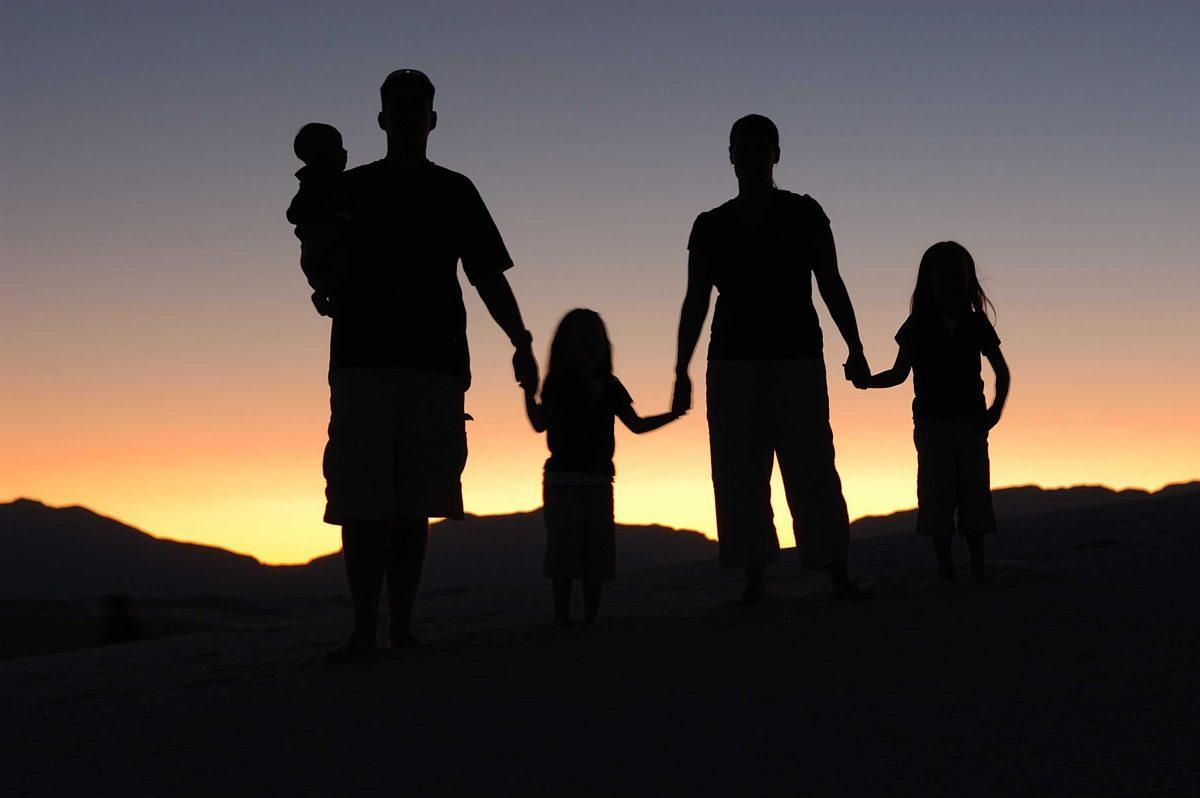The Journal of the American Medical Association discovered 12.5 percent of children in the United States experience neglect, emotional or physical abuse before turning 18. The study, which used confirmed cases of maltreatment in a national child abuse database from 2004 to 2011, showed almost 80 percent of cases involved parental neglect.
The numbers are worse for children in minority groups, with about 21 percent of African-American children, 14.5 percent of Native American children and 13 percent of Hispanic children affected.
The percentages of maltreatment seem small, so it seems like it’s simply a few special cases of children with bad parents, according to Christopher Wildeman, an associate professor of sociology at Yale University who led the JAMA study.
“When it’s 12.5 percent of parents, this isn’t psychopaths, this isn’t drug addicts,” Wildeman said in an interview with NPR. “A lot of these folks are in dire straits financially and certainly have their ups and downs, like we all do.”
Additionally, according to a 2013 Pew study, 39 percent of LGBT Americans have been rejected by family or friends because of their sexual orientation.
No matter the reason for neglect, there is no excuse for a parent to mistreat a child. Society has begun to open a dialogue on unhealthy platonic and romantic relationships over the years, but many people still have a blind spot when it comes to toxic parent-child relationships.
Though a lot of young people face emotional abuse or neglect, public opinion often seems to ignore it or take the side of the parents, unless the damage is obvious. It’s easy to say a parent is bad when there is proof of physical or sexual abuse, but it can be very hard to detect emotional abuse or neglect. It is even harder to catch when those around the victim tell them they are simply being disrespectful toward their parents.
Many adults, especially the elderly, love to guilt teenagers and young adults by talking about how much parents do for their kids. Most people, whether abused or not, can recall at least one time when they’ve been told to respect their parents because of how much they “sacrifice” for them.
Society needs to stop condemning people for feeling resentment toward their abusive or neglectful parents. Most people don’t even realize their neglect until later on in life because of the guilt and self-blame they feel, and it is even harder to recognize their mistreatment when everyone tells them they are just being ungrateful.
Parents do make sacrifices, but it does not give them a free pass to control, undermine and harm a child’s life or mental health. If a parent cannot give their son or daughter the love and support they need, the child should feel no obligation to keep that parent in their life.
It is great to respect your parents, but no one should feel the need to force unconditional love for their parents if they have not been given the same courtesy. A parent can sometimes be a child’s biggest bully, and it is unacceptable to tell anyone they cannot stand up to those who hurt them the most.
Lynne Bunch is an 18-year-old mass communication freshman from Terrytown, Louisiana.
Opinion: Respect for parents should not be considered automatic, mandatory
By Lynne Bunch
February 17, 2017
The mistreatment, abuse and neglect of children is often dismissed in the absence of physical evidence.





